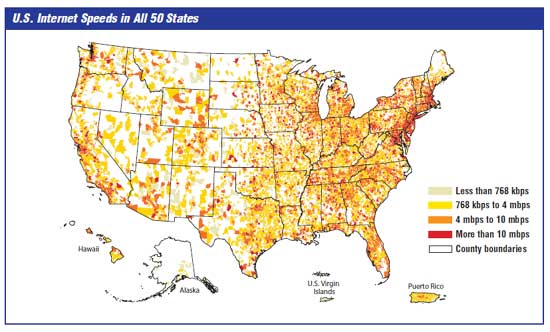AT&T may be facing a strike of around 40,000 employees if they do not come to terms with unions before their contract ends this weekend, Bloomberg is reporting. The issues at stake include health-care benefits and vacation time.
At the end of March union members at the Communications Workers of America (CWA) authorized the organization to call a strike if new contracts cannot be negotiated. The vote was overwhelmingly in favor of a strike with 93.5% of the unions voting members approving. Four separate contracts are at stake, all of which expire April 7 at midnight.
The CWA claims AT&T is attempting to block a proposal to include benefits into employee’s core contracts. These benefits include health care costs, guaranteed weekends off, day after Thanksgiving holiday, carry over vacation time, sick pay, changing schedules and canceling hours without notice.
The CWA represents only 16% of AT&T’s 256,000 workers, though over half of the company is represented by a union in one form or another, including the International Brotherhood of Electrical Workers. The contracts of over 120,000 employees are due to expire this year, so the results of this contract negotiation could set the standard for negotiations later in the year.
“Even in these difficult economic times, in a constantly changing industry, AT&T is a very successful and profitable company. CWA believes that AT&T West has a responsibility to support our communities by being a leader for economic growth. That means continuing to provide good, middle class jobs and not taking the low road of outsourcing, layoffs and cost shifting in order to meet competitive challenges,” said CWA District 9 Vice President Jim Weitkamp.
AT&T has recorded profits of $20 billion for the last two consecutive years. That’s each year, $40 billion total.

